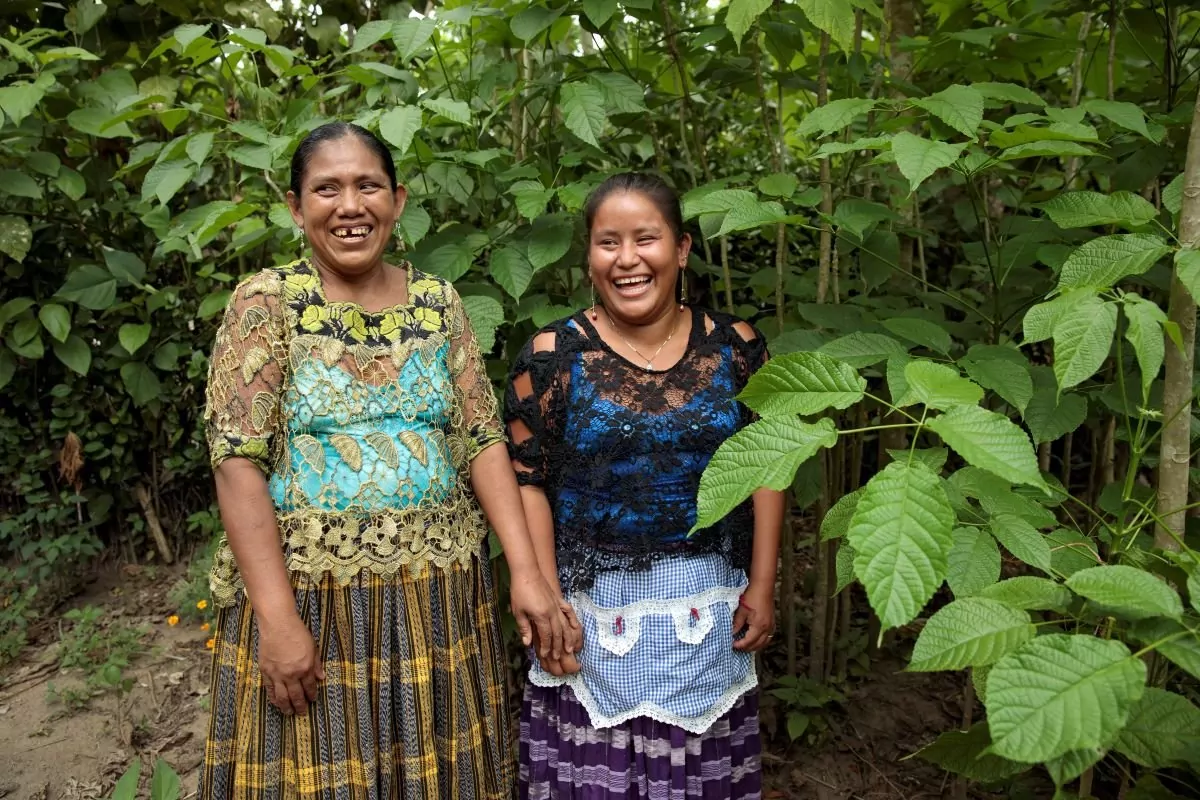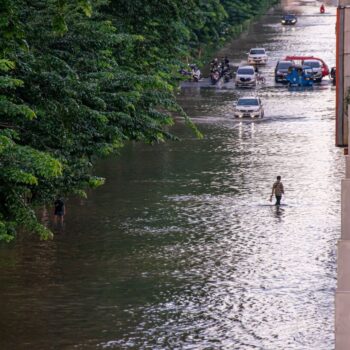Watch the recording – Is the international system equipped to manage climate risk?
Event description
On 29 June Chatham House and E3G held a panel discussion on whether the international system is equipped to manage climate risk. This marked the launch of a new joint paper on Climate risk management for international organisations: Ideas for improving strategic planning.
Oli Brown presented the key findings – that climate change represents both an operational and a strategic risk to the organisations that make up the international system. It will not only impact the ability of international organisations to operate on a day to day basis but will also impact their ability to deliver on their core missions. While climate change is mentioned in strategic planning and external reports, few mention climate risk in their publicly available risk registers or are deeply embedding climate risk into their strategic planning. This is a critical concern for organisations that foster cooperation and set the global agenda on critical issues including health, water, energy, environment, food, migration, security and development.
A key recommendation of the report is that organisations that make up the international system need to move from being largely reactive to being proactive in managing climate risk. This can be done through better articulating organisational risk appetite, making climate risk assessment standard practice, improving data collection and scenario planning and institutionalising risk management, (e.g. through knowledge sharing). It suggests that all organisations should take on several core functions. These include ensuring their own mission resilience against climate scenarios; providing foresight capability to the international system; helping the countries in which they operate to improve their climate risk management; strengthening their own operational resilience; and participating in peer to peer knowledge sharing with other organisations.
Panellists raised the need to invest more in anticipatory approaches; to foster grass roots efforts and consultations with people on the ground in impacted communities; to define responsibilities for managing risks based on capabilities; and to take a more wholistic approach to climate risk across agencies and departments, rather than competing for funding and working in siloes. The role of geopolitics was raised, which is pushing some countries towards isolationism and unilateral approaches rather than towards international cooperation. It was noted that the international system has good mechanisms and enough mandate to address climate risk, but governments must supply more core funding and allow for more flexible approaches. While the international system as a whole remains underprepared for managing climate risk, good examples of more forward-looking approaches including UNHCR’s Enterprise Risk Management System and WFP’s cross-cutting strategic plan.
This event was held in partnership with Chatham House.
Speakers
- Jonathan Howitt, World Food Programme and Co-Chair, UN High Level Committee on Management’s Risk Forum
- Oli Brown, Associate Fellow, Chatham House
- Lisa Dellmuth, Associate Professor and Director of PhD Studies in International Relations, Stockholm University
- Andrew Harper, Special Advisor to the High Commissioner for Climate Action, UNHCR, the UN Refugee Agency
- Moderator: Bernice Lee, Research Director, Futures; Hoffmann Distinguished Fellow for Sustainability; Chair, Chatham House Sustainability Accelerator Advisory Board



